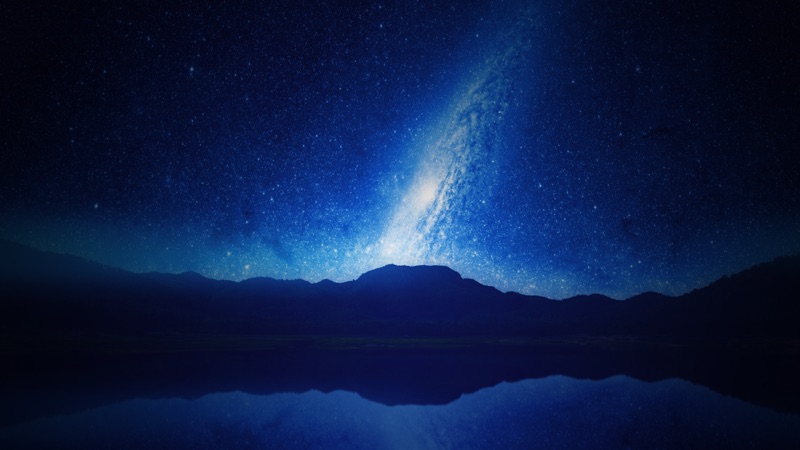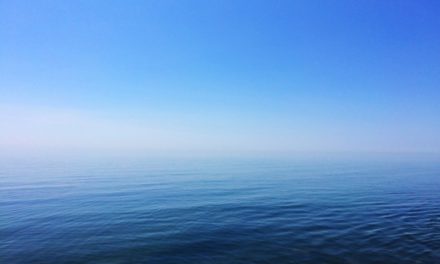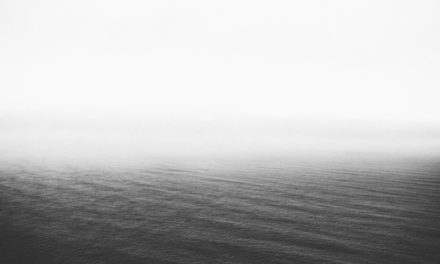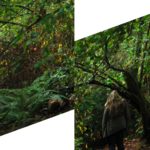![]() I have grown up reading the Creation Story as a story about how the earth was created. That’s all. Then one day I decided to ask the Lord to show me something new about Genesis 1. I read no other books, no newspapers, listened to no music, and computers weren’t invented yet to distract me from my focus. For a whole week I read Genesis 1 over and over again, in as many different ways I could think of… hopefully so God could reach some new area of my brain. But nothing happened. So I thought I would let God off the hook for awhile while I gave my brain a breather and read something from the New Testament, something easy to read, like the Gospels. I decided to read John’s gospel story. I liked the way he wrote. He was a thinker and didn’t do things like everyone else. So I turned to John 1:1. Keep in mind that I was reading over and over again in Genesis 1, “In the beginning…” What I saw blew me away!
I have grown up reading the Creation Story as a story about how the earth was created. That’s all. Then one day I decided to ask the Lord to show me something new about Genesis 1. I read no other books, no newspapers, listened to no music, and computers weren’t invented yet to distract me from my focus. For a whole week I read Genesis 1 over and over again, in as many different ways I could think of… hopefully so God could reach some new area of my brain. But nothing happened. So I thought I would let God off the hook for awhile while I gave my brain a breather and read something from the New Testament, something easy to read, like the Gospels. I decided to read John’s gospel story. I liked the way he wrote. He was a thinker and didn’t do things like everyone else. So I turned to John 1:1. Keep in mind that I was reading over and over again in Genesis 1, “In the beginning…” What I saw blew me away!
John 1:1 In the beginning…
Interesting that he would start his gospel that way. But then I noticed that he also spoke about the Word as God and working with God, like Moses did in Genesis 1:1, using the plural form of God (Elohim). I immediately wondered if John did this on purpose, to compare the Messiah’s mission to recover His lost people with Moses’ account of God turning our darkened world into a paradise. I didn’t have long to wonder because in the next verse, after establishing that the Word was the Creator, I read,
John 1:4 In him was life; and the life was the light of men.
Hmmm. Right on with Moses’ account of the first day of Creation (“Let there be light…”). Would John next talk about the waters—the ones high and low? So I returned to John to see what he said after finishing the light subject.
John 1:26 John answered them, saying, I baptize with water: but there standeth one among you, whom ye know not;
He kept on this baptism subject for awhile, mentioning that there was a lower and higher baptism.
John 1:33 And I knew him not: but he that sent me to baptize with water, the same said unto me, Upon whom thou shalt see the Spirit descending, and remaining on him, the same is he which baptizeth with the Holy Ghost.
Ahhh, it looks like we are on a roll! Perhaps God is answering my request for a new look at Creation. So will John next talk about the seas and land? From my earlier studies on Creation I understood that the coming together of the seas could be equated with people of like mind (or spirits, which water can represent) coming together. When John finished talking about baptism he next spoke about this:
John 1:36-39 And looking upon Jesus as he walked, he saith, Behold the Lamb of God! And the two disciples heard him speak, and they followed Jesus. Then Jesus turned, and saw them following, and saith unto them, What seek ye? They said unto him, Rabbi, (which is to say, being interpreted, Master,) where dwellest thou? He saith unto them, Come and see. They came and saw where he dwelt, and abode with him that day: for it was about the tenth hour.
Right on! The “waters” were coming together. Moses also said at that time the “dry” appeared. This was the land, and I understood that the Lord would build His church on something solid–Matthew 16:18 (not on “waters”). So would John next address the forming of Christ’s “church”, the leaders of His choosing? You can read what John discusses for the remaining of that chapter. But be ready for John 2! What happens on the second half of day three? These were the thoughts going through my head that whole evening as I perused the first five chapters of John. And I saw John using each phase of Creation –in order– as a template for the Messiah’s work, all the way to the 7th day. It took John 5 chapters to make his introduction whereas it took Moses mostly just one. But I got the point. John saw Creation as a model for re-creation, so I could do the same. I read through all seven days, using the Messiah’s life as a model (counterpart), and I found many interesting things, like Moses’ version of Daniel 9:27, why the sun appeared on the 4th day even when there was light the first three days, what characteristics witnessing must have to meet God’s approval, and four stages faith grows through. But what really thrilled me was why there had to be a 7-day week when all of Creation was finished in 6 days. Counterparts, as hopefully you are learning by now, are powerful. If you want to read Creation’s Counterpart just click on the chapters below:
Day 0 The unconverted described
Day 1 God’s first job in reconstruction
Day 2 Putting the sinner to work
Day 3, First Part Associations and Confessions
Day 3, Last Part New life begins
Day 4 How to share the truth with others
Day 5 The growth of faith, the first phases
Day 6 The growth of faith, the final phases
Day 7 Why the Sabbath






